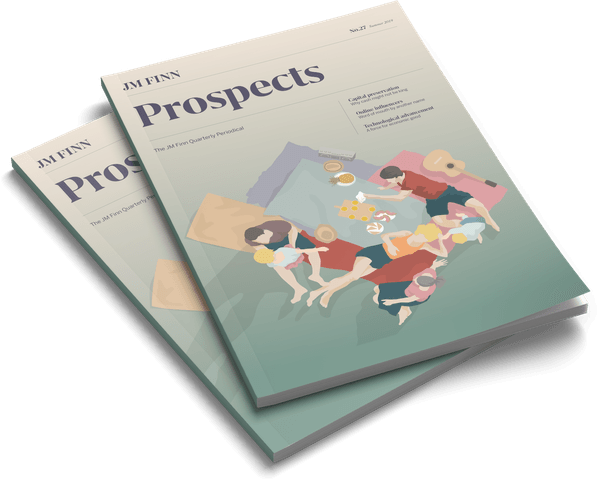People who have cultivated a huge following on social media ( YouTube, Instagram and SnapChat primarily) have been able to get brands to pay them handsomely to mention a product. The most successful seems to have been Kylie Jenner - one of the Kardashian family - whose post of herself wearing an Adidas tracksuit drove 2 million searches from her 120m Instagram followers. She has now become the world's youngest self made billionaire - her cosmetic business alone is worth $900m.
But whilst this may look so 21st century, it is actually the oldest form of marketing - word of mouth. Her followers trust Jenner's opinion and when she mentions a product they take a look - and often buy on her recommendation.
Business, like life, has always been about trust. Is it a good idea to buy from this stranger? Well if my neighbour has bought from them and tells me the spices were good, I will trust their opinion and buy. And, happy with my purchase, I am happy to recommend the seller (no longer a stranger) to others. This combination of trust and familiarity in word of mouth is powerful and continues to be a significant force today, as Jenner's success demonstrates.
Online has added real scale to word of mouth. According to Nielsen, 92% of consumers believe recommendations from friends and family over all forms of advertising. But in today's connected world trust extends beyond friends and family. Online reviews are highly trusted as well. Why? Because it may be that no-one you know has bought in a particular sector and the plethora of online reviews fills that gap.
When asked to rate the influence of media touchpoints for recent purchasers when making a decision to purchase 74% said word of mouth (friends, family, sharing comments and reviews online) - the highest influence by far.
Think of Amazon - it’s huge range of products with low prices and quick delivery is only really valuable because for every product you can read what other people, who are usually verified buyers, thought of it.
On Trip Advisor, a hotel or restaurant lives or dies based on how previous customers have rated them. Smaller businesses don’t need to miss out as companies like Trustpilot aggregate customer reviews.
92% of consumers believe recommendations from friends and family over all forms of advertising.
A staggering 97% of customers read online reviews before they buy. And almost half of those interviewed will only trust 4-stars or better. Beyond friends and family, 88% of people trust online reviews written by other consumers as much as they trust recommendations from personal contacts.
Anyone can be and is an influencer - the humblebrag of a carefully taken photo of your avocado toast for breakfast (but somehow never a Greggs sausage roll) is also an endorsement - a review of the cafe or restaurant. So powerful is this phenomenon that restaurant designers now strive to make their projects Instagramable.
Writing a review on Amazon or Trip Advisor is encouraged by businesses as they know how powerful customers' experience and knowledge is. And we find people are generally happy to share their opinion as they are conscious they are helping someone make a better buy - and avoid a dud.
In a world of fake news and false claims people still trust other people.
Of course any system can be gamed and the online firms work really hard to maintain the integrity of their reviews - preferring verified purchases (Amazon) or insisting on longer reviews (Trip Advisor). Personally I always read the 1 star and the 4 star reviews to try and get a better picture.
Businesses like Ocado continue to benefit from one of the simplest forms of word of mouth with "Member Get Member" schemes - get your friend to start using Ocado and you both share the benefits with money off vouchers.
Even as online develops and Artificial Intelligence and Machine Learning algorithms recommend the perfect product to customers online, good old fashioned word of mouth has huge value as it allows people to sense check the product recommended to them.
And in a world of fake news and false claims people still trust other people - which is why people often use social media like Facebook and Twitter to ask for recommendations.
Word of mouth remains the best form of marketing and no technological advance will change that.
Simon Andrews
Simon Andrews is Managing Director at The Media Kitchen, a full service media agency with a strong digital core. Simon specialises in starting and running businesses that help brands profit from the new opportunities digital enables. His early career saw him build DLKW Dialogue into one of London’s most respected digital agencies before launching Big Picture which focused on emerging media such as mobile & social in 2005. He then joined WPP/ MindShare as Global Chief Digital Strategy Officer. He speaks at conferences around the world and is published in many industry titles.




